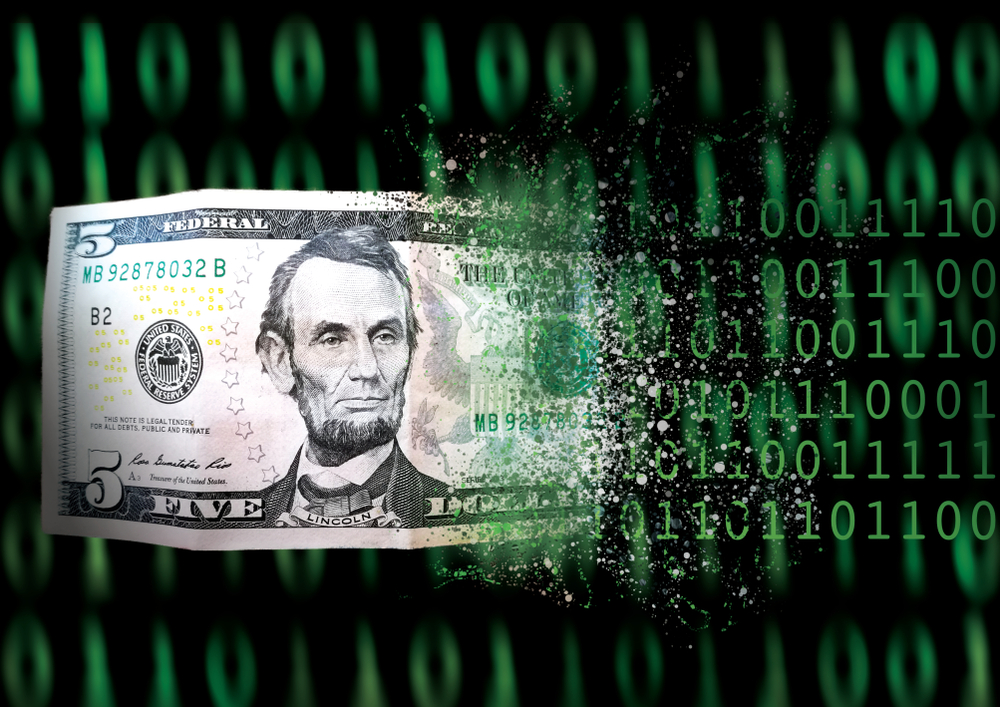You’re reading The Brazilian Report’s weekly tech roundup, a digest of the most important news on technology and innovation in Brazil. This week’s topics: Brazil’s transition from printed to digital money is harder than it looks; the HR tech landscape in Brazil; Facebook’s crackdown on fake accounts across Latin America.
Transition to digital currency is harder than it looks
In the Covid-19 world, printed money can be a health hazard. In South Korea, the government went as far as burning cash and taking custody of banknotes as a precaution. In Brazil, digital payment channels accounted for 74 percent of transactions made by individuals — a jump of 10 percentage points from pre-pandemic days.
- Banning physical banknotes in favor of digital money, however, is easier said than done. Over 45 million Brazilians still don’t have a bank account.
Paradox. Despite hygiene issues, the amount of banknotes circulating in Brazil actually peaked to a record 8 billion bills during the pandemic. There are two main reasons for the phenomenon: (1) the BRL 600 coronavirus emergency salary forced the Brazilian Mint to print an extra BRL 9 billion in May; (2) people didn’t have anywhere to use their money — as most shops were closed.
- The Central Bank also believes many Brazilians have stockpiled physical money as emergency savings.
Cultural issue. According to Rodrigo Miranda, co-founder and chief technology officer at fintech Zoop, companies now have the challenge to build a digital culture in Brazil. A lack of technology and high costs are no longer an obstacle for the widespread adoption of digital payment methods, as fintechs have increased their presence in the country.
- “People have smartphones in the countryside, but culturally, the owner of a grocery store does not use digital money. TV and YouTube have helped in building more awareness, but to breach that barrier you have to speak their language. Our strategy is using local partners in remote areas of Brazil to help...


 Search
Search






































